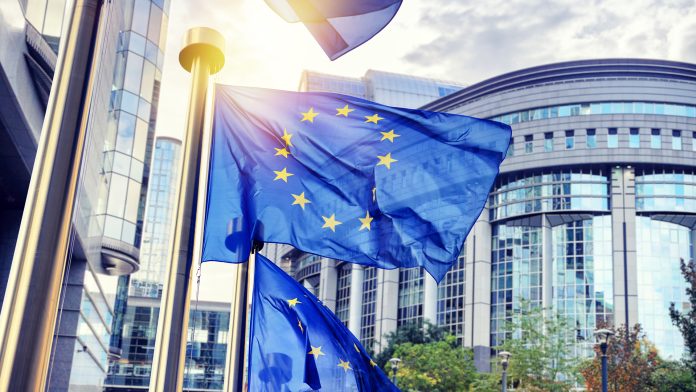The European Commission has announced it has adopted an amendment that will boost Horizon Europe funding by around €1.4bn for 2024.
The amendment to the 2023-24 Work Programme of Horizon Europe will mobilise previously unallocated Horizon Europe funding, taking the 2024 budget to €7.3bn.
The additional Horizon Europe funding includes a nearly €650m investment in the EU Missions to solve some of Europe’s major challenges.
This includes helping over 100 cities become climate-neutral, creating a New European Bauhaus (NEB) facility, and taking key actions to support EU research and innovation activities.
Iliana Ivanova, Commissioner for Innovation, Research, Culture, Education and Youth, commented on the new Horizon Europe funding allocation: “We need to attract more newcomers to the opportunities presented by Horizon Europe in order to make the most of Europe’s potential.
“This is why we are introducing experimental actions in this work programme update. Together with the roll-out of further funding for the EU Missions, the New European Bauhaus Facility and other actions, this will help maximise the impact of our research and innovation investments for the success of the green and digital transitions.”
Transforming EU Missions under Horizon Europe
In 2024, the EU is allocating €648m of Horizon Europe funding for research and innovation supporting its Missions, a novel initiative of Horizon Europe aimed at addressing key challenges.
These Missions span five areas and have ambitious objectives to achieve tangible outcomes by 2030.
The 2024 initiatives aim to restore 25,000 km of free-flowing rivers, establish Climate City Contracts with over 100 cities, create 100 living labs and lighthouses to drive soil health transitions, enhance climate resilience in local governments, and improve cancer diagnosis and support for young patients.
New European Bauhaus development
The NEB integrates the European Green Deal into daily life and spaces. Over three years, it has tackled real challenges, like Spain’s TOVA project, using 3D-printed earth for sustainable housing, and Belgium’s WATSUPS project, creating riverfront spaces to prevent gentrification.
These innovations are centred on research and engage Europeans in the green transition. To maximise this potential, a new NEB Facility will provide multi-year budget support (2025-2027) through research and innovation for new ideas and scaling up solutions.
The Horizon Europe work programme 2023-24 earmarks €20m to lay the groundwork for the NEB Facility’s implementation.
Attracting new researchers under Horizon Europe
This amendment introduces a set of new experimental measures aimed at enhancing the transparency of the programme, aligning with the objectives of the EU Missions, and nurturing the careers of young researchers.
These initiatives will explore innovative approaches in preparation for the final three years of Horizon Europe and its future successor programme.
Key components of these measures include:
- Four open-topic initiatives within the Horizon Europe Clusters, with a combined budget of €76m, focusing on areas such as Health, Climate, Energy, Mobility, and Food, Bioeconomy, Natural Resources, Agriculture, and Environment
- An experimental initiative earmarked with €15m for the EU Missions, fostering collaboration between knowledge institutions and facilitating transdisciplinary research and innovation activities at a local and European scale
- The NEB call ‘Transforming Neighborhoods, Making them Beautiful, Sustainable, and Inclusive’ to attract new participants to the programme for maximum impact
- A €20m allocation to bolster talent ecosystems, nurturing early-stage research careers and enhancing their attractiveness
Protecting cultural heritage
The Horizon Europe funding amendment allocates €48m to the European Collaborative Cloud for Cultural Heritage, a novel digital platform designed to assist cultural heritage institutions, researchers, and creative industries in leveraging the advantages of the digital era.
This collaborative space will enhance the capabilities of the cultural sector, complementing the common European Data Space for Cultural Heritage funded through the Digital Europe Programme.
Increasing pandemic preparedness
The COVID-19 crisis underscored European healthcare systems’ hurdles in detecting, preventing, and managing infectious disease outbreaks.
To enhance Europe’s readiness for future pandemics, the amended work programme will allocate €50m toward establishing a European Partnership for pandemic preparedness.









